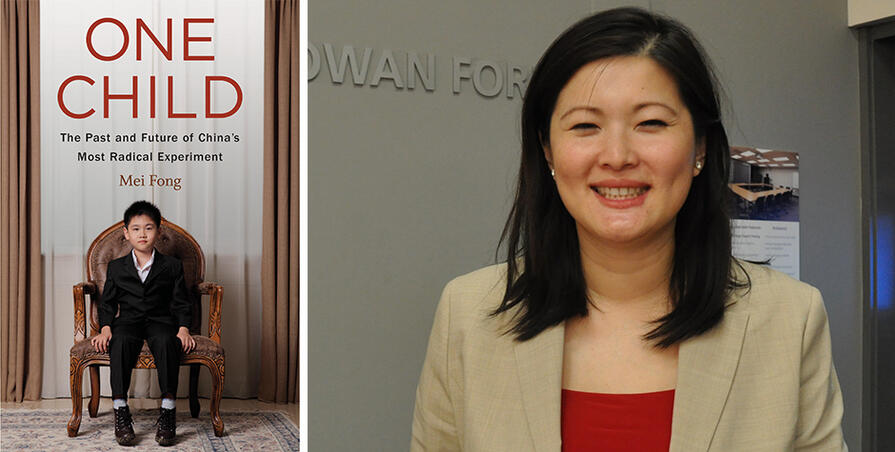About the book:
China's over three decades-long population planning policy, known popularly as the 'one child policy,' took a major shift when Beijing announced late last year a shift to a nationwide two-child policy. In One Child, Mei Fong writes about the origins of the policy and some of its unintended consequences through a narrative-rich story that is "evocatively rendered and peppered with quirky characters, including a sex-doll salesman and a dating guru who claims that overly assertive women contract breast cancer." (Wall Street Journal) The book has also garnered critical praise from New York Times, Guardian, Independentand the Los Angeles Review of Books.
For more information go to, visit www.meifong.org. A Chinese translation of the book is available here. You can support dessemination of the free Chinese version through a donation here.
This video is also available on the USCI YouTube Channel.
About the author:
Author and journalist Mei Fong covered Hong Kong and China for the Wall Street Journal, where she won a shared Pulitzer for her stories on China’s transformative process ahead of the 2008 Beijing Olympics. She is believed to be the first Malaysian to win a Pulitzer. Her stories on China’s migrant workers also won a 2006 Human Rights Press Award from Amnesty International and the Hong Kong Correspondents Club, as well as awards from the Society of Publishers in Asia and Society of Professional Journalist. After leaving the China bureau, she was on faculty at the University of Southern California’s Annenberg School of Communications. She is currently a fellow at DC-based thinktank New America.




